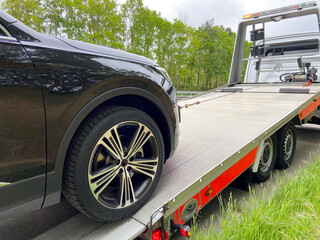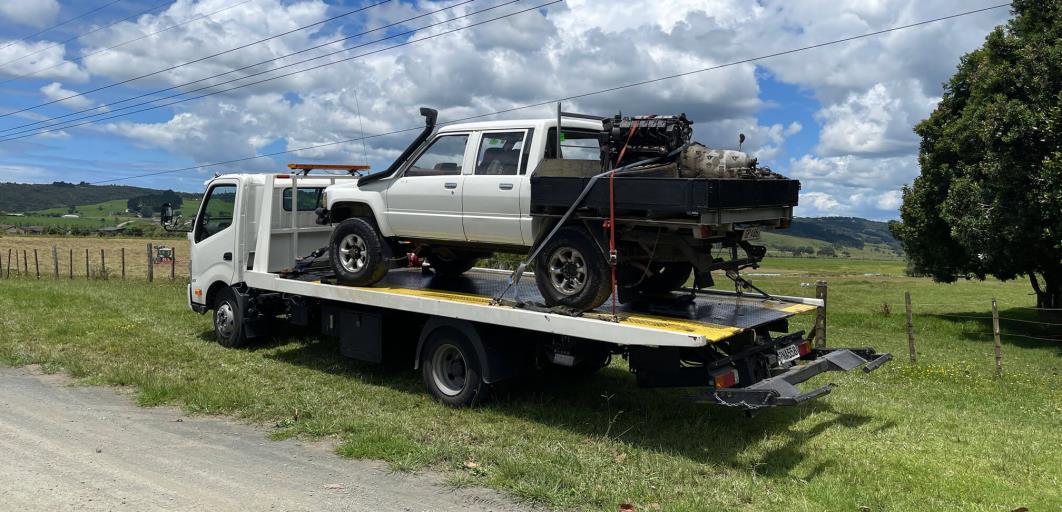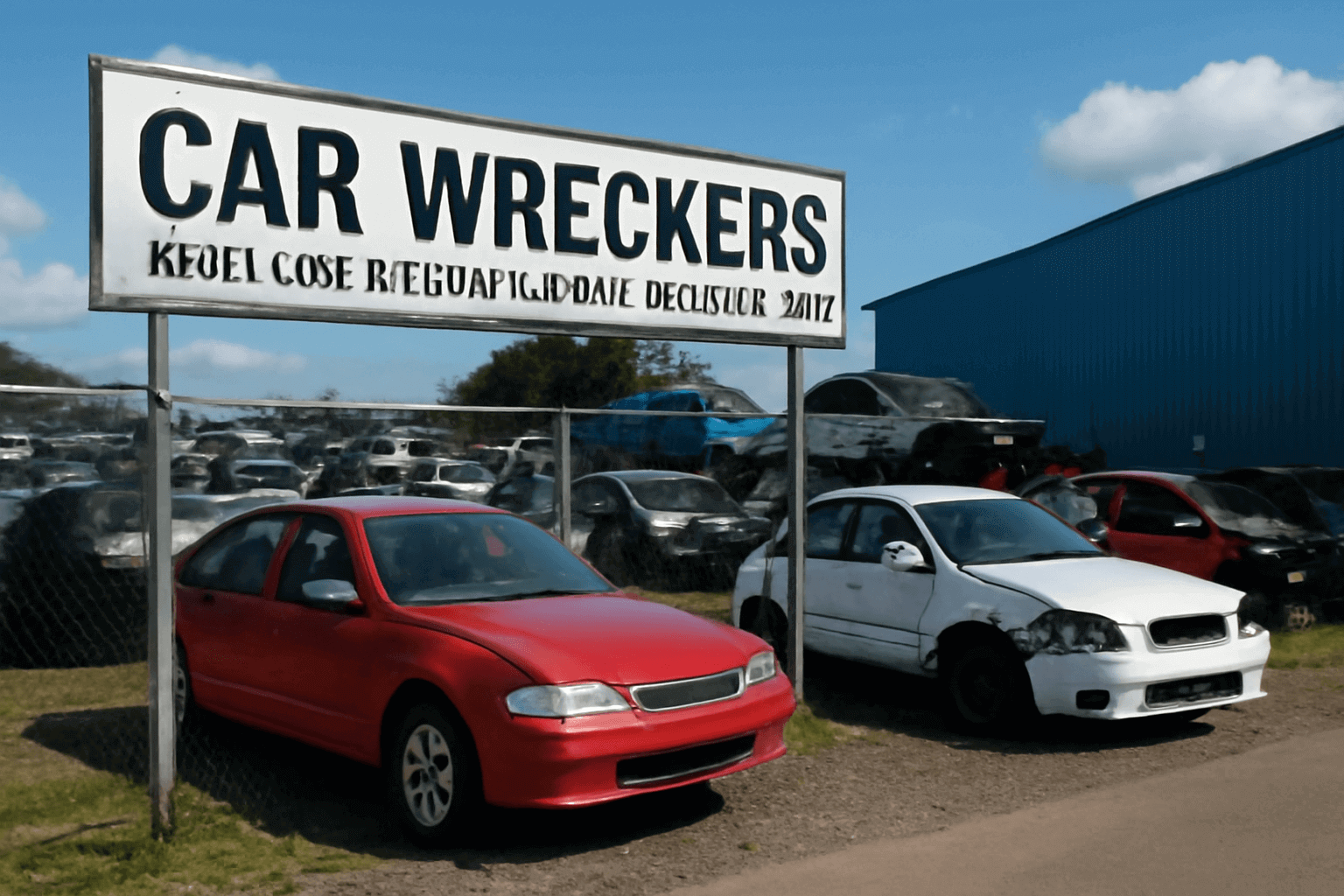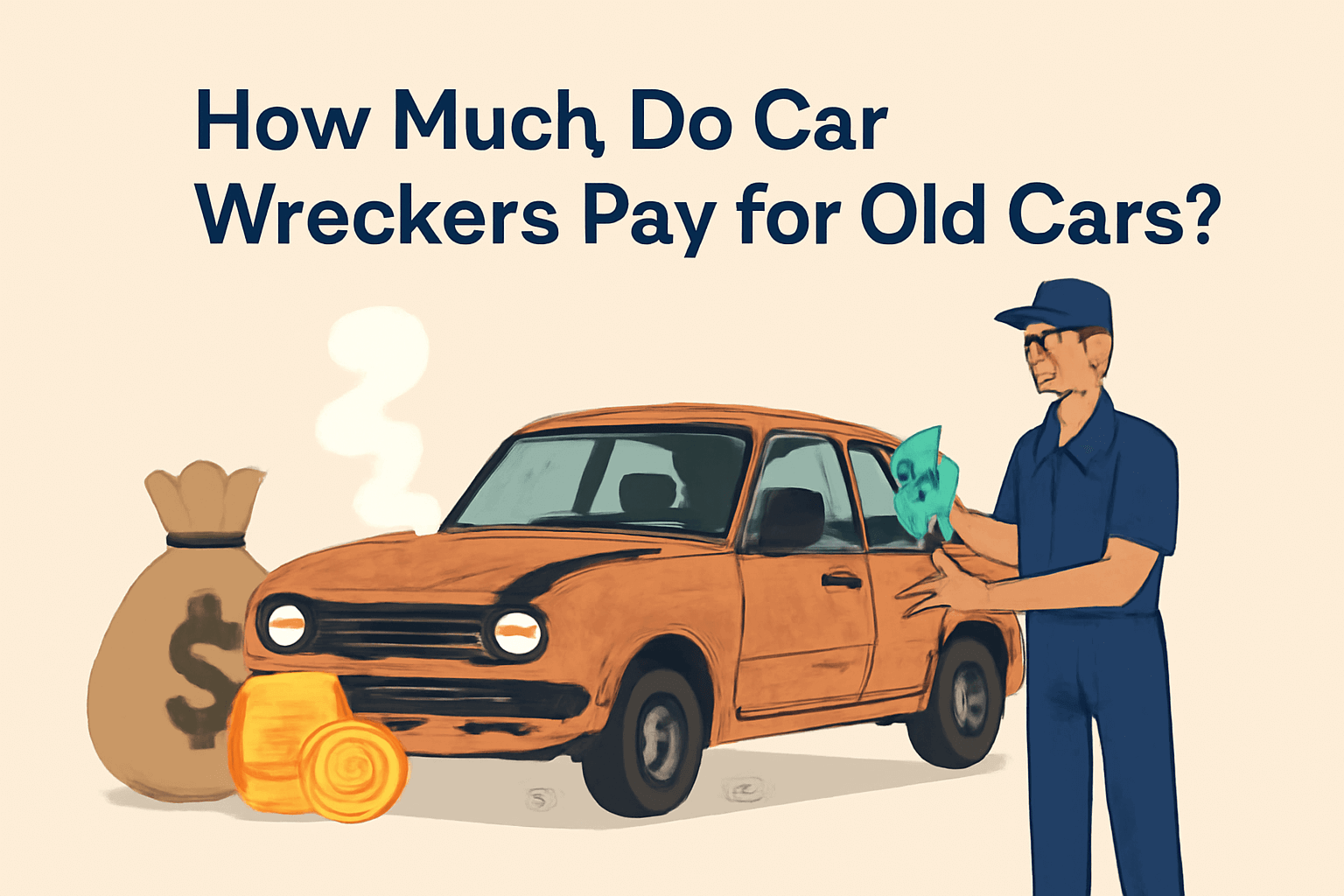Sell My Car: Your Ultimate Guide to a Hassle-Free Sale

Understanding the Selling Process
Selling a car in New Zealand requires careful planning, paperwork, and adherence to legal obligations. Whether selling privately or through a dealer, knowing the steps involved ensures a smooth transaction. The process includes assessing your car’s value, preparing necessary documents, and choosing the right platform to list your vehicle. Additionally, understanding the legal requirements, such as notifying the New Zealand Transport Agency (NZTA) of the change in ownership, helps prevent future liability issues. Sellers should also be aware of obligations under the Consumer Guarantees Act, which applies when selling through a business but not in private transactions. Having a step-by-step approach can minimize stress and maximize returns when selling a vehicle.
Preparing Required Documentation
Proper documentation is crucial for a legally compliant sale. The key documents required include:
Proof of Ownership
Ensuring you have your registration papers confirming you are the legal owner.
Change of Ownership Form
NZTA requires the completion of a change of ownership process, which can be done online or through an agent.
Warrant of Fitness (WoF) Certificate
If selling privately, a valid WoF issued within the last 30 days is required.
Vehicle History and Service Records
These add credibility and assure buyers about the car’s maintenance.
Road User Charges (RUC)
If applicable, make sure these are up to date for diesel or heavy vehicles.
Finance Clearance Letter
If the car was under finance, a clearance letter from the lender confirming the debt has been settled is needed. Ensuring all documents are in order speeds up the transaction and builds buyer confidence.

Legal Obligations and Responsibilities
When selling a car, adhering to New Zealand’s legal regulations is critical. Some key obligations include:
- Change of Ownership – Sellers must notify NZTA of the ownership transfer to avoid fines and potential legal issues.
- Warrant of Fitness (WoF) – A car sold privately must have a valid WoF issued within the last 30 days unless sold “as is, where is.”
- Road User Charges (RUC) Settlement – Diesel vehicles require up-to-date RUC before ownership transfer.
- Consumer Guarantees Act – If selling as a business, the car must be of acceptable quality, safe, and match the description provided.
- Disclosing Vehicle Condition – Sellers should disclose any major defects to avoid legal disputes and maintain transparency. Understanding and complying with these legal obligations ensures a smooth, lawful transaction.
Determining Market Value
Setting a fair market value is essential to attract buyers while maximizing returns. Several factors determine a car’s worth:
- Make, Model, and Year – Newer and well-known brands generally hold higher value.
- Mileage – Lower mileage vehicles tend to fetch better prices.
- Overall Condition – Well-maintained cars with minimal wear and tear attract higher offers.
- Market Demand – Seasonal trends and demand for specific models influence pricing.
- Extras and Features – Additional features like GPS, sunroof, or advanced safety systems add value. Using valuation tools such as Trade Me, Turners, and other car listing sites can help gauge a competitive price.
Researching Comparable Sales
To determine the best price, research similar car listings. Consider:
- Current Market Listings – Checking prices on platforms like Trade Me, Facebook Marketplace, and Turners.
- Auction Prices – Reviewing recent auction results for similar vehicles.
- Geographic Demand – Certain models may be more popular in different regions, affecting price expectations.
- Seasonal Trends – SUVs and 4WDs often sell at higher prices in winter, while convertibles peak in summer. Understanding the competitive landscape ensures an optimal pricing strategy.
Factors Influencing Car Value
Several elements impact a car’s resale value:
- Condition – Scratches, dents, and mechanical issues lower value.
- Service History – A well-documented service history increases buyer confidence.
- Ownership History – Single-owner vehicles typically command higher prices.
- Modifications – Custom modifications may decrease or increase value depending on buyer preferences.
- Fuel Type – Hybrid and electric vehicles may attract higher resale prices due to fuel efficiency concerns. Knowing these factors helps in setting a competitive asking price.
Choosing the Right Sales Platform
Selecting the right platform is essential for a successful sale. Options include:
- Online Marketplaces – Trade Me, Facebook Marketplace, and Auto Trader allow for private listings with wide exposure.
- Car Dealerships – A quicker but often lower-priced sale.
- Car Auctions – Platforms like Turners provide a hassle-free way to sell but with uncertain final pricing.
- Cash-for-Cars Services – Fast but typically lower offers. Choosing the right platform depends on how quickly you need to sell and how much effort you’re willing to invest.
Online vs. Offline Platforms
Weighing online and offline selling methods can help determine the best approach:
- Online Sales:
- Pros: Wider audience, potential for higher prices.
- Cons: Requires time for listings, viewings, and negotiations.
- Dealership or Cash-for-Cars Services:
- Pros: Fast transactions, minimal hassle.
- Cons: Typically lower offers than private sales. Considering your priorities—speed vs. maximizing returns—helps in making the best choice.
Handling Financed Vehicles
Selling a car under finance requires additional steps:
- Informing the Lender – Notify your finance company and understand payout requirements.
- Loan Settlement – Either pay off the loan before selling or arrange for the buyer to pay directly to the lender.
- Obtaining a Clearance Letter – Ensures the car is debt-free before transferring ownership. Managing finance obligations correctly prevents legal complications and ensures a transparent transaction.
Preparing the Car for Sale
Enhancing your car’s presentation increases buyer interest. Key steps include:
- Thorough Cleaning – Wash, vacuum, and polish to improve first impressions.
- Basic Maintenance – Change the oil, check tire pressure, and top up fluids.
- Repairing Minor Issues – Fixing dents, replacing worn-out parts, and ensuring all features work.
- Gathering Documents – Service records, WoF, and ownership details should be ready for buyers. Presentation plays a crucial role in attracting buyers and securing a higher price.
Trade-In Options
Trade-ins offer convenience but may yield lower prices than private sales. Consider:
- Dealership Offers – Usually lower than private sales but provide a fast transaction.
- Maximizing Trade-In Value – Servicing, cleaning, and negotiating with multiple dealers can improve offers. Trade-ins work best for those prioritizing convenience over the highest price.
Quick Sale Options
For urgent sales, consider:
- Cash-for-Cars Companies – Instant cash offers but lower resale value.
- Same-Day Deals – Turners and similar dealers offer immediate purchases.
- Lowering Price for Quick Sales – Competitive pricing can speed up transactions. Speed vs. value trade-offs should be considered when choosing a quick sale option.
Avoiding Common Mistakes
Common pitfalls include:
- Failing to Disclose Issues – Honesty prevents disputes.
- Not Completing Change of Ownership – Avoids future fines.
- Ignoring Scams – Be cautious of fraudulent buyers. Avoiding these mistakes ensures a secure and hassle-free sale.
FAQs
Where to sell my car locally?
If you’re looking to sell your car locally, consider platforms such as Trade Me, Facebook Marketplace, and local dealerships. These options provide convenient and accessible ways to connect with potential buyers in your area.
Where to sell my car online?
Selling your car online is a popular and effective method. Websites such as Trade Me Motors, AutoTrader NZ, and Turners allow you to list your car with detailed descriptions and images to attract buyers.
How to sell my car fast?
For a quick sale, ensure your car is well-presented, priced competitively, and listed on high-traffic platforms. Consider using services like cash-for-cars companies or urgent classified ads.
Where can I sell my car today?
If you need to sell your car immediately, local dealerships, Turners Cars, and cash-for-car services offer same-day transactions. Be prepared with all necessary documents to expedite the process.
How to sell my car fast for cash?
Opt for cash-for-cars companies that provide instant offers and free vehicle pickup. Some popular services in New Zealand include Sell My Car NZ and Kiwi Cash for Cars.
Can I sell my car for cash?
Yes, many companies specialize in cash purchases. Ensure you compare offers from different buyers to get the best deal.
How can I sell my car fast for cash?
To speed up the process, have your vehicle cleaned, serviced, and ready for inspection. Contact multiple cash-for-car services for the best price.
Where can I sell my car for cash today?
If you need cash immediately, check with car removal services, Turners Cars, and local dealerships that offer instant purchase options.
Where can I sell my car for cash?
You can sell your car for cash through online marketplaces, dealerships, and cash-for-cars businesses. Compare offers to maximize your profit.
Conclusion
Selling a car in New Zealand requires preparation, legal compliance, and strategic decision-making. By understanding the market, preparing the necessary documents, and choosing the right platform, sellers can maximize their returns while ensuring a smooth process. Whether selling privately, trading in, or using a quick-sale service, following these guidelines ensures a hassle-free experience.













